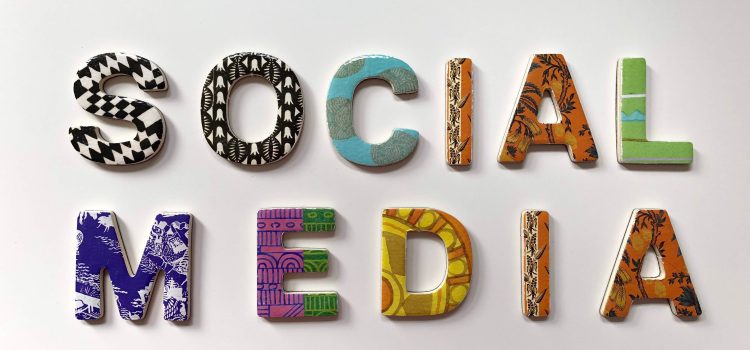
Introduction:
Social media has become an integral part of modern society, allowing individuals to connect and share their lives with the world. While it has undoubtedly brought about many positive changes, there is growing concern about the negative effects of social media on mental health. Studies have shown that excessive use of social media can lead to feelings of anxiety, depression, and low self-esteem. In this article, we explore the mental health effects of social media and offer tips for maintaining a healthy relationship with these platforms.
The Impact of Social Media on Mental Health
Social media platforms are designed to keep users engaged by providing constant updates and notifications. While this can be beneficial in some ways, it can also lead to a constant state of distraction and information overload. This can cause anxiety and stress, as users struggle to keep up with the constant stream of information.
Additionally, social media can have a negative impact on self-esteem. Many individuals compare themselves to others on social media, leading to feelings of inadequacy and low self-worth. This is especially true for younger users, who are more susceptible to the pressure to fit in and be accepted by their peers.
Finally, social media can also be a breeding ground for cyberbullying and hate speech. The anonymity of the internet can embolden individuals to say things they would never say in person, leading to hurtful comments and messages. This can be especially damaging for those who are already struggling with mental health issues.
Maintaining a Healthy Relationship with Social Media
Despite the potential negative effects, social media can also be a valuable tool for staying connected with others and staying informed. The key is to maintain a healthy relationship with these platforms. Here are some tips for doing so:
- Set boundaries: Set limits on the amount of time you spend on social media each day. Consider taking a break from social media altogether for a few days or weeks to give yourself a mental break.
- Be selective: Be mindful of the types of content you consume on social media. Unfollow accounts that make you feel bad about yourself or that promote hate speech or negativity.
- Connect with others: Use social media as a way to connect with friends and family. Join groups or communities that share your interests and values.
- Practice self-care: Take care of yourself physically and mentally. Engage in activities that bring you joy and make you feel good about yourself.
- Seek help if needed: If you are struggling with mental health issues, seek professional help. There is no shame in seeking help, and it can be a crucial step in improving your mental health.
Conclusion:
Social media has revolutionized the way we communicate and interact with each other. While it has brought about many positive changes, it also has the potential to negatively impact our mental health. By maintaining a healthy relationship with social media and being mindful of the content we consume, we can enjoy the benefits of these platforms without sacrificing our mental well-being.










